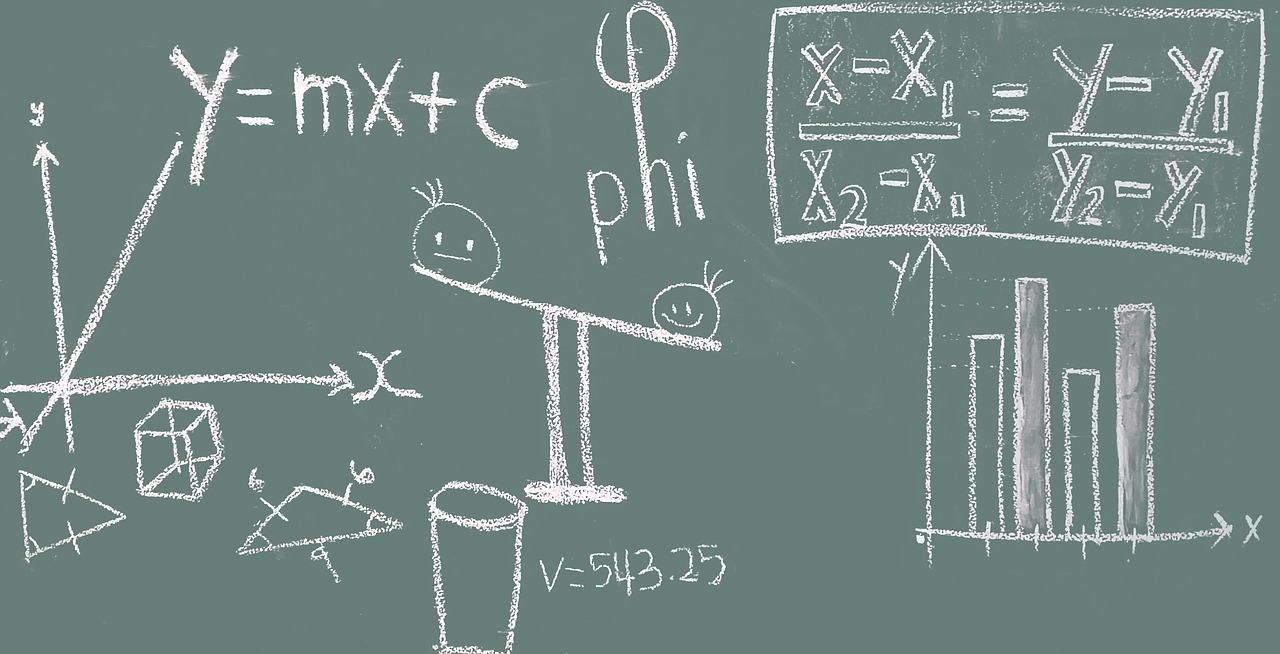The integration of AI into math education represents a paradigm shift in how we approach learning and problem-solving. By leveraging recent advancements in generative AI and Large Language Models (the same technology powering ChatGPT, GPT-4, and Anthropic’s Claude), these tools can adapt to individual learning styles, provide instant feedback, and offer personalized guidance. For those struggling with mathematical concepts or seeking to enhance their skills, AI-powered tools have become invaluable resources. Let’s explore how these cutting-edge technologies are making math more approachable, engaging, and enjoyable for learners of all levels.
The 5 Best AI Tools for Math
1. Julius AI
At the forefront of AI-powered math education, Julius AI boasts the most sophisticated math-solving engine available. Its standout features include the ability to scan and solve problems instantly, generate detailed step-by-step solutions, and provide chat-based explanations. Julius AI transcends the role of a mere tool, functioning as an intelligent tutor that guides students through complex mathematical concepts. Whether you’re tackling homework assignments or delving into advanced topics, Julius AI stands as the premier AI-driven math companion.
2. Wolfram Alpha
Wolfram Alpha serves as a comprehensive computational knowledge engine, excelling in addressing a wide array of mathematical queries. Its ability to handle diverse mathematical fields makes it an essential resource for students aiming to enhance their analytical skills and deepen their understanding of complex topics.
3. Photomath
Photomath emerges as a beacon of hope for students grappling with mathematical challenges. This AI-powered mobile application enables users to capture images of printed or handwritten math problems and receive immediate, detailed solutions. Covering a broad spectrum of mathematical topics from basic arithmetic to advanced calculus, Photomath demystifies complex problems and fosters a more profound comprehension of mathematical principles.
4. Socratic
Leveraging Google’s AI technology, Socratic functions as a versatile academic assistant. By simply photographing a math problem, students can access in-depth explanations, step-by-step guides, and relevant educational resources. Socratic’s holistic approach ensures that students not only complete their assignments but also gain a solid grasp of the underlying mathematical concepts.
5. Microsoft Math Solver
Microsoft’s contribution to AI-assisted math learning offers a robust platform for tackling a wide range of mathematical challenges. With its user-friendly interface, students can input problems manually or through image scanning to receive comprehensive solutions and explanations, thereby enhancing the learning experience and making it more dynamic and effective.
Conclusion
The landscape of math education has been irrevocably altered by the introduction of AI tools. These innovative solutions are not just changing how students approach problem-solving; they’re transforming the very nature of mathematical learning. By providing instant feedback, personalized guidance, and interactive learning experiences, AI tools are making math more accessible and less intimidating for learners of all abilities.
As we look to the future, the potential for AI in math education seems boundless. With ongoing advancements in machine learning and natural language processing, we can anticipate even more sophisticated tools that can adapt to individual learning styles, predict areas of difficulty, and provide targeted support. The goal is not to replace traditional teaching methods but to complement them, creating a blended learning environment that maximizes student engagement and achievement in mathematics.
Frequently Asked Questions (FAQs)
Q: Are AI math tools replacing traditional teaching methods?
A: No, AI math tools are designed to complement traditional teaching methods, not replace them. They provide additional support and personalized learning experiences that can enhance classroom instruction.
Q: How can AI math tools benefit students who struggle with math?
A: AI math tools can offer step-by-step explanations, instant feedback, and personalized practice problems, helping struggling students build confidence and improve their understanding of mathematical concepts at their own pace.
Q: Are these AI math tools suitable for all grade levels?
A: Many AI math tools cater to a wide range of grade levels, from elementary school through college. However, it’s important to choose tools appropriate for the student’s current level of mathematical understanding.
Q: Can AI math tools help prepare students for standardized tests?
A: Yes, many AI math tools offer practice problems and explanations that align with standardized test curricula, helping students prepare more effectively for these exams.
Q: Is there a risk of students becoming too reliant on AI math tools?
A: While AI math tools are powerful learning aids, it’s important for educators and parents to encourage students to develop independent problem-solving skills. These tools should be used as supplements to reinforce learning, not as substitutes for understanding core concepts.





